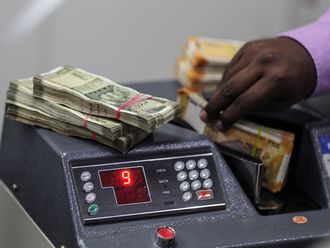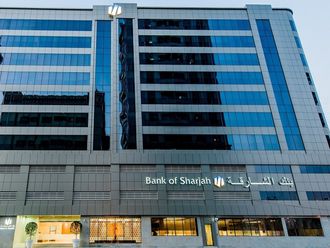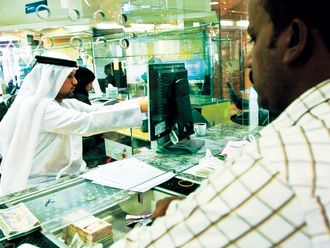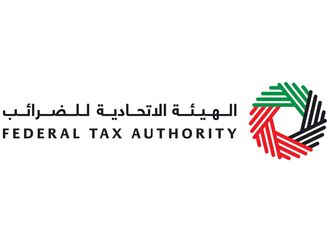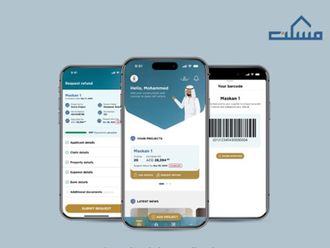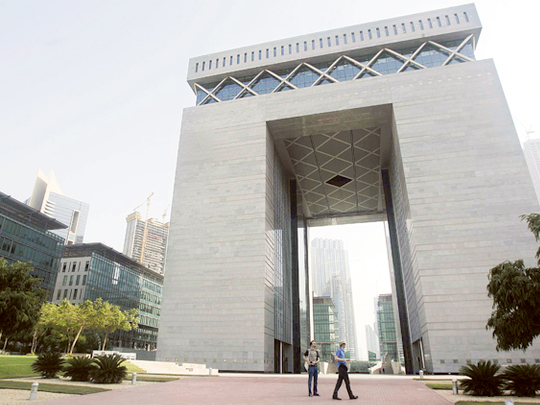
Dubai: Strong economic recovery and domestic political stability will continue to attract more entrepreneurs and foreign capital to the UAE, said Timothy D. Adams, President and CEO of Institutional International Finance (IIF) in Dubai yesterday.
The IIF top officials are in Dubai to participate in The 2014 IIF Mena CEO Meeting currently underway.
Commenting on the economic outlook for the UAE, George T. Abed, Senior Counsellor and Director for Africa and the Middle East of the IIF, said, the UAE is expected to grow more than 4 per cent in 2014. “Non-oil real GDP growth in the UAE continues to show solid expansion, at about 4 per cent. Trade, retail sales and tourism continue to register strong growth and the real estate and construction sectors have made a big turnaround,” said Abed.
IIF officials noted that the Arab spring and regional turmoil has not adversely impacted the economic growth in the UAE. On the contrary, it has attracted capital flows into the country. “Political and economic stability of the country has attracted capital inflows from the Middle East. With the growth momentum picking up in recent months, we expect sustained capital flow into the country,” said Adams.
While the bad loans and provisions are on a decline in the UAE’s banking sector, the IIF officials said the rising liquidity will boost loan growth in the country.
While the financing of investments related to Expo 2020 will be largely driven by the public sector and government related entities, the IIF officials cautioned that the banking sector should be judicious in their lending as overleverage could lead to a rise in problem loans.
“Banks should evaluate the business models of companies on their sustainability after the Expo 2020. Post-event, at least some business could face slowdown,” said Abed.
Rising net foreign assets
The medium-term outlook of the UAE depends on the pace of global recovery and on the progress achieved on financial and institutional reforms. For the GCC as a whole, the IIF officials said the financial position of the oil-exporting countries continues to gain strength with total net foreign assets rising to $2.5 trillion in 2013, equivalent to 95 per cent of their aggregate GDP.
The recent withdrawal of ambassadors by the UAE, Saudi Arabia and Bahrain from Qatar is not seen as a temporary glitch and is unlikely to have any serious impact on economic relations among these countries.
Across the wider Arab region, the IIF observed that geopolitical fissures are evident across the region, even among neighbouring and largely similar countries. These conditions of weakness, division, and infighting have created opportunities for outside regional players to penetrate the Arab system, often increasing tensions and fuelling instability.
The recent realignment of the new regime in Cairo with the broader interests of the three largest GCC countries is supportive of regional political and economic stability. Saudi Arabia, the UAE and Kuwait have already provided critical economic aid to Egypt and Jordan and have maintained constructive economic relationships with Tunisia and Morocco.


